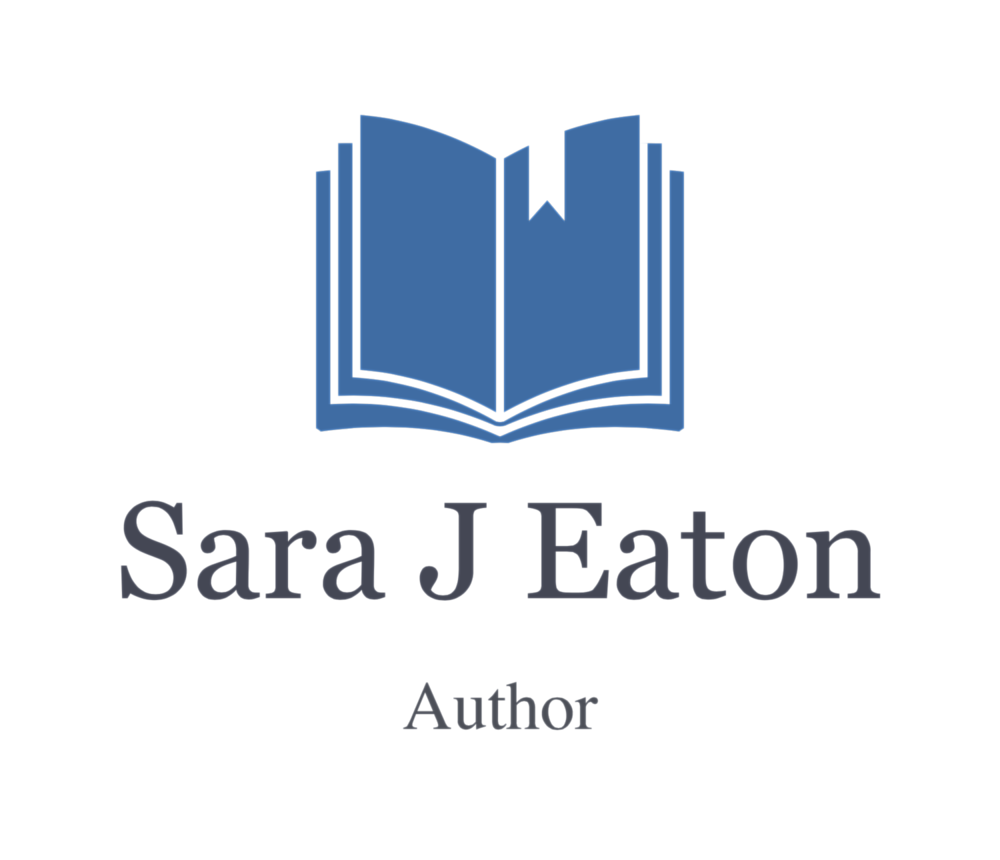Finding the time to write can be challenging. Whether it's due to a packed schedule or a lack of inspiration, it's really easy to go days without writing when life gets hectic. You could also have a different sort of challenge while writing; maybe your environment, health, or other factors get in the way. What can you do about this? I don't hold all the answers, but I do have a few tips.
Tip one- Keep track of how much you write each day. You can put this on a calendar, in your phone, or scribble it on the nearest piece of scrap paper. Just remember to track your word count each day, whether it's zero or in the thousands. It can inspire you to see how far you've come in your story over a few days, which is really beneficial when you don't want to write. You can remind yourself that just a few minutes can make huge strides in your plot progression.
Maybe you work best with routine. Then, finding the same time every day that you can write might be the best thing. You'll have that time caved out for writing your story each day, and then you'll go from struggling to find time to struggling to find inspiration. One battle at a time!
Try telling yourself that you have to sit down in front of your computer for a set amount of time. Whether you write a sentence or a chapter, you've spent the same amount of time working on the project. If you're anything like me, you'll realize that it feels much better to see that you've written a lot in a short amount of time than writing a few words in that same amount of time, and you'll try your hardest to be as productive as possible. Another way to help yourself be productive in a short amount of time can be found in an earlier blog post I wrote, which you can find here.
Maybe you spend an hour on social media a day. Or you might mindlessly watch TV for thirty minutes before a lesson or practice. Finding little moments in your day to get work done can do wonders. Sometimes we have a completely packed schedule, and there really isn't a moment to spare. Other times, though, a few moments can turn into an awesome achievement.
I want to say is that everyone misses days while writing. That's okay. The important thing is that you're writing most of the time. If you skip a day, or something comes up, there's no need to beat yourself up about it. The second thing I want to say is that I by no means write everyday. When I wrote my first two novels, I did work nearly daily. I have a lot less time than I did then, though, which means it's hard to find time to write. When I type this, it's a great way to potentially help someone else get back on track with their literary projects, but it's also a good reminder to myself of some ways to help get a few more words written during the day.
Now that you've finished reading, see if you can get writing!
